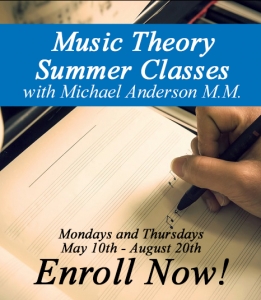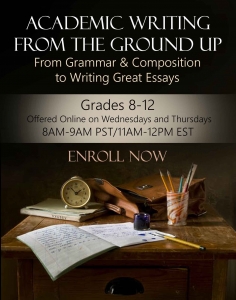This class sample is from the Greek year
[the first year] of our Great Books Program. The students have read two of Plato’s dialogues, Crito and Phaedo, for this class. In the Crito, Socrates is awaiting execution in his prison cell. His friend Crito has come early one morning to try to convince Socrates to escape his cell [which he could do relatively easily] to avoid undergoing an unjust execution. He offers several arguments as to why this is the proper thing to do. The sample begins with the students responding to this question, “Which of Crito’s arguments do you find to be the most persuasive? Whichever argument you choose why do you choose it?” The moderators for the class were Dr. James Taylor and Mr. Stephen Bertucci.
In Cicero’s work “On Duties” he discusses the question, “Is the immoral ever expedient?” As the students discuss this question the conversation turns to the topic of a hierarchy of duties; do some duties come before others? Are one’s obligations to the family primary or are those obligations below obligations to the State? What is the common good and how is it best achieved? The class is moderated by Dr. Christopher Morrissey and Mr. Stephen Bertucci.
These students have read Shakespeare’s “Julius Caesar” in preparation for class. In this clip they are discussing the killing of Caesar. Prior to what you will hear the conversation has included discussion on whether or not the killing was murder; murder being understood as the taking of innocent life. Now the issue of “preemptive strike” has arisen and the students are discussing this issue in regard to the death of Caesar. Is it permissible to kill someone for something he hasn’t done but that you are are afraid he might do? Sometimes yes and sometimes no? If that is the case how does one know when it is permissible and when it isn’t? Are there principles that can be identified by which such judgements can be made? The moderators for the class are Dr. Peter Redpath and Mr. Stephen Bertucci.
For this class the students have read Willa Cather’s “My Antonia.” As the sample begins the students have just been commenting on the day’s opening poetry reading (“The Hawthorne Tree” by Willa Cather), and Dr. James Taylor comments on poetry in general and “The Hawthorne Tree” in particular. Dr. Taylor and Stephen Bertucci were the moderators for this class. Note: We begin each class with poetry related to the larger reading, and what you see on the whiteboard as the recording begins is the poetry with which this class began. It is replaced on the board with selections for the primary text of the day as the discussion begins.




